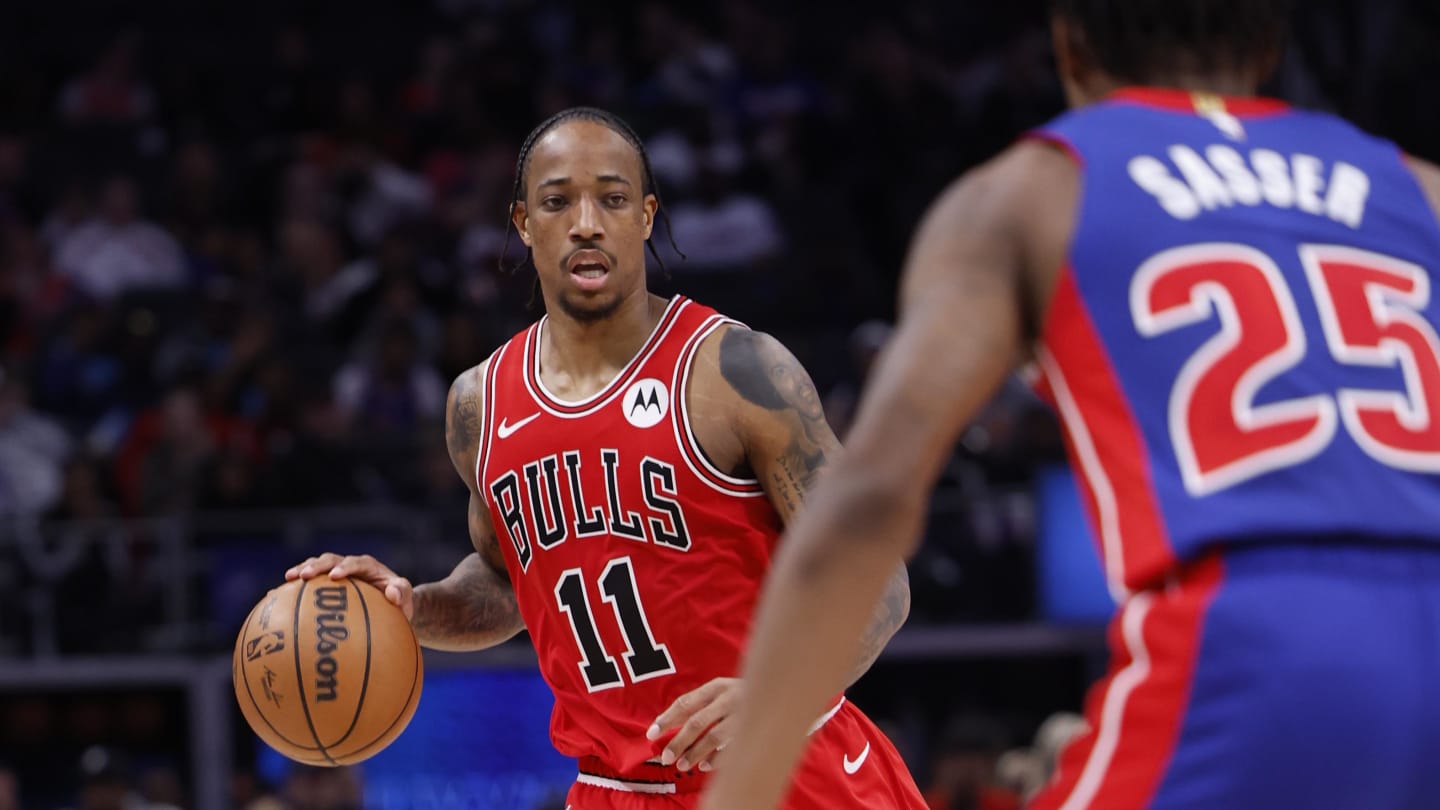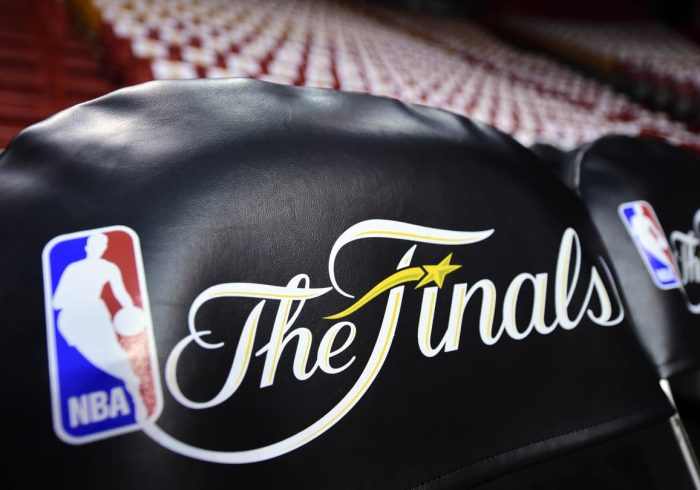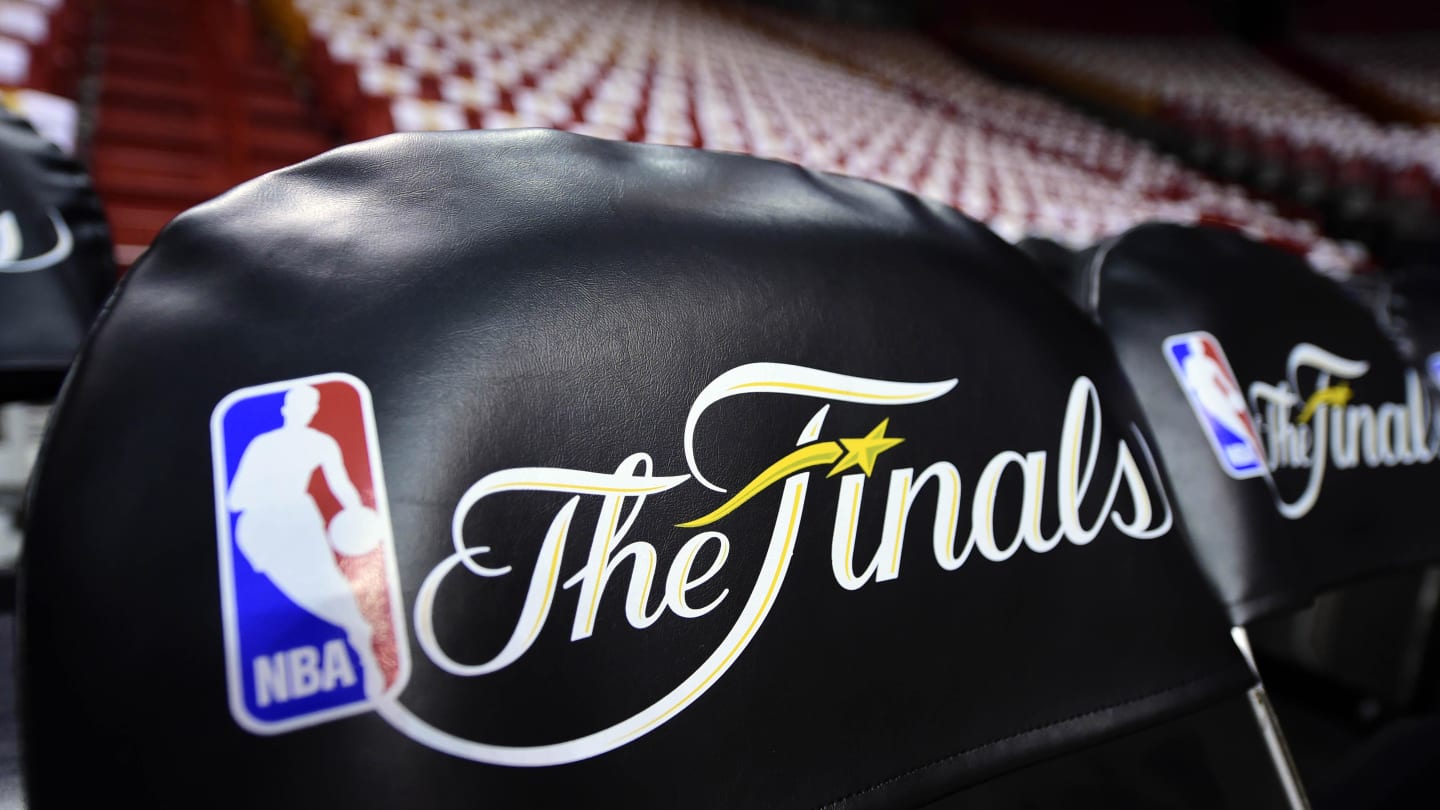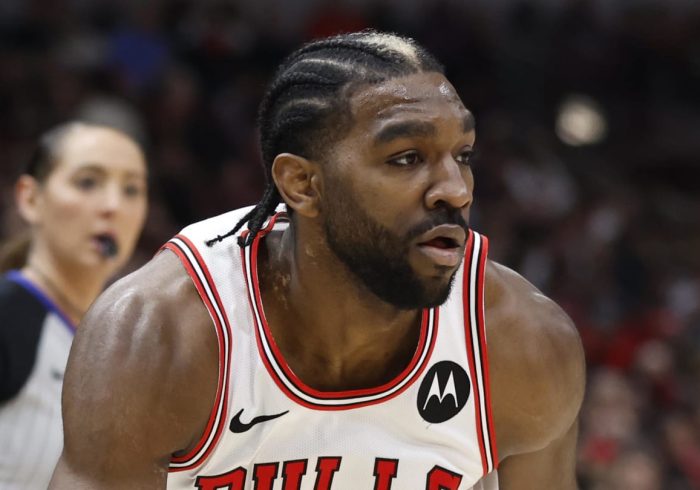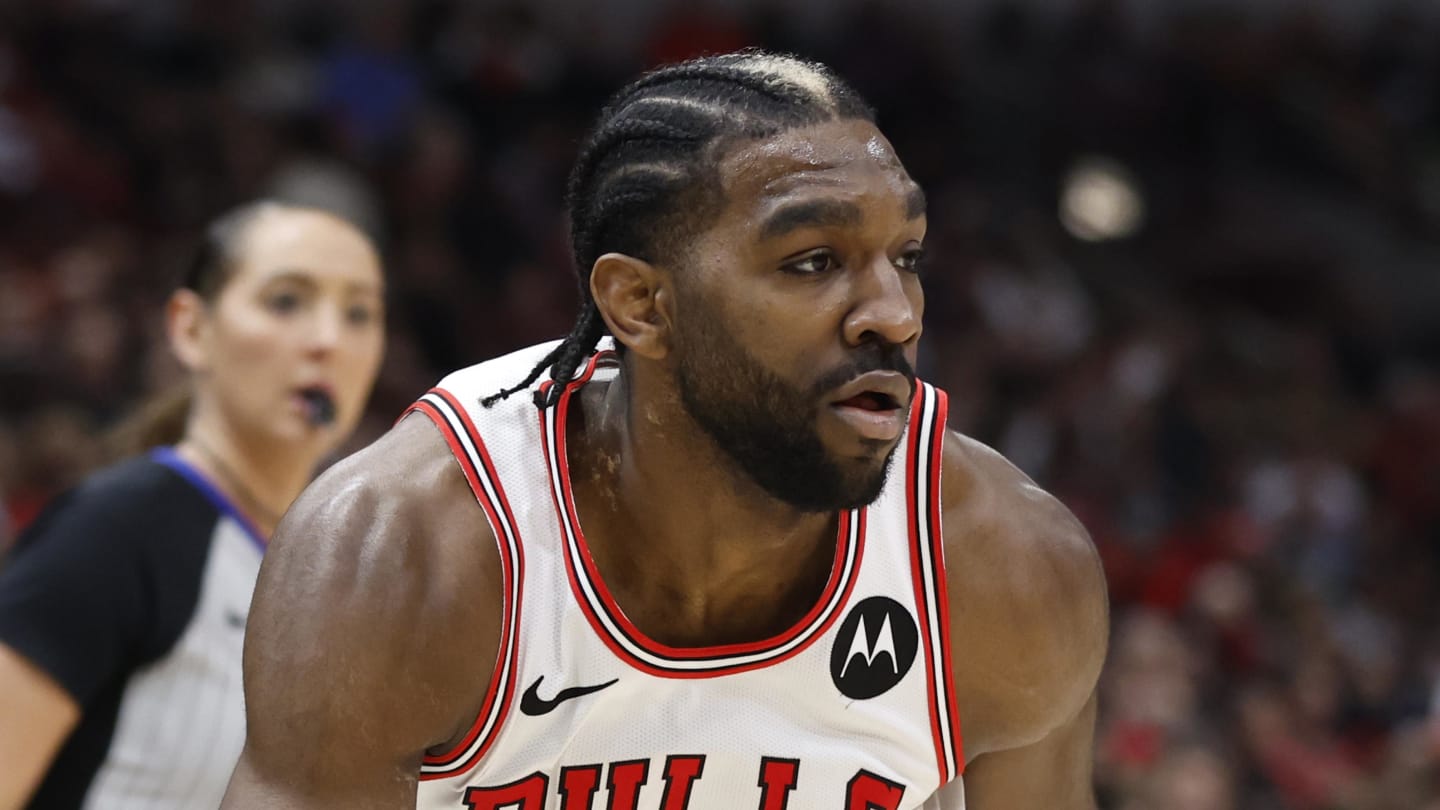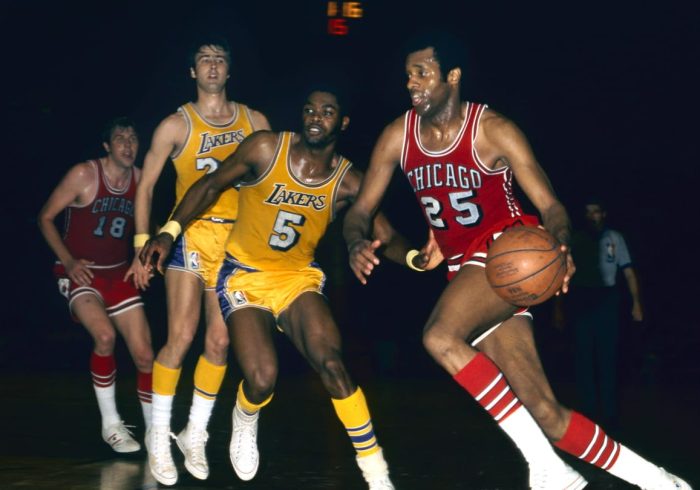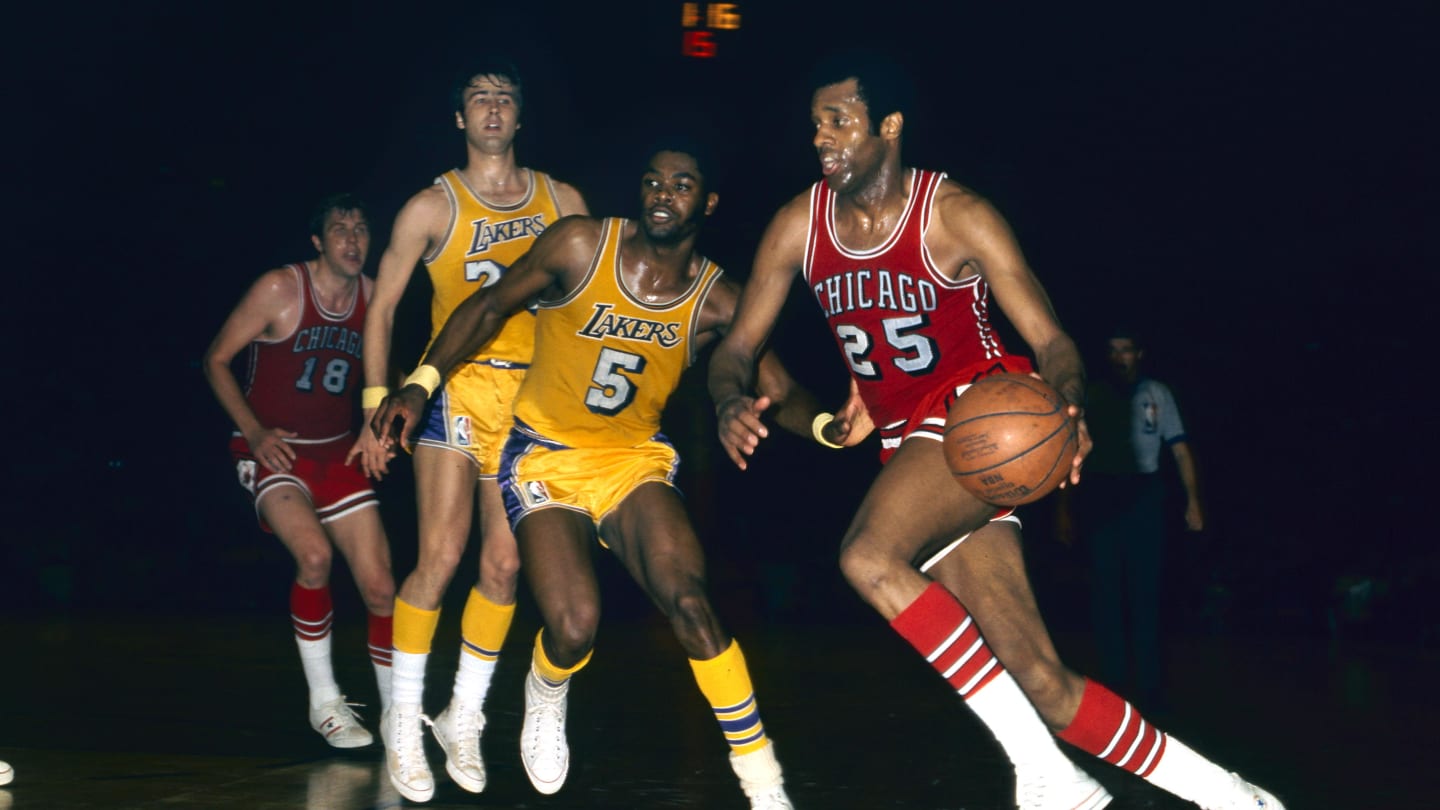Chicago Bulls guard DeMar DeRozan will become an unrestricted free agent this summer, but there is mutual interest between franchise and player for DeRozan to return to Chicago on a new contract this offseason, according to a report from Darnell Mayberry of The Athletic.
The-soon-to-be 35-year-old DeRozan spoke glowingly about his three seasons with the franchise following the trade deadline in February, and according to Mayberry, DeRozan has reiterated his interest in a return to the front office.
DeRozan compared his impending free agency to a relationship with a spouse:
“It’s, like, ‘What we need to do to work on this, baby? Let’s figure this thing out. You want me. I want you.’ The love is there.” pic.twitter.com/zgYOL3lw2q
— Darnell Mayberry (@DarnellMayberry) February 8, 2024
The Bulls have been willing to offer DeRozan a two-year deal, but the veteran covets more security than a two-year deal given his age. There is a belief that a new contract would exceed $40 million annually, as DeRozan remains a very good player in his mid-30s.
The reliable DeRozan played in 79 games for Chicago this season, and averaged 24.0 points per game with 5.3 assists and 4.3 assists on 48.0% shooting.
